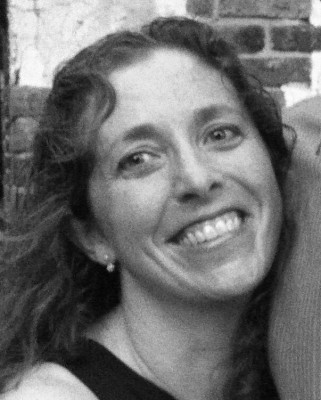Greetings!
Today I have the pleasure to share an interview with author Wilbert Stanton. His latest book, Gears of Fate, released earlier this week. After reading his earlier book The Artful, I was excited to get the opportunity to work with him on Gears (as an editor), and am thrilled to watch him release his baby into the wild.
He’s created a unique world by blending various elements of mythology together into a fascinating new twist on a steampunk / Norse gods faerie tale.
Gears of Fate
Centuries have passed since the Fey conquered Earth, forcing mankind and gods alike to flee to the sky city Olympus. Forgotten gods walk amongst man, lost and powerless. Little do they suspect a second Fey war looms, and an unlikely duo will set in motion the gears of fate.
Zak Walker is a fringe rat living in the slums who would do anything to protect his sister, Alice. His neglectful father threatens to consign him to a life away from home on an airship, but he yearns for his life to mean something more than drudgery.
Princess Seneca Rose is the last surviving member of the Seelie royals. They tried to establish peace with mankind, but fell to the forces of Queen Mob and the Unseelie Court. Fleeing for her life, Seneca arrives on Olympus in hopes of uniting the forgotten gods against the oncoming Fey.
Zak couldn’t care less about the fate of Olympus, until faeries kidnap Alice. He doesn’t believe Seneca’s stories of faeries or gods, but soon has no choice but to accept their lives are intertwined. All his life, he’s dreamed of something more. If he cannot face the dangers that await down on Earth, the gods, mankind, and his sister Alice are all doomed.
The Interview
• Who is Wilbert Stanton?
I’m just a regular hard working guy, who at times takes on a bit more than he can chew, but I’m trying my hardest to make this life a meaningful one and find success at the end of my journey.
• When you’re not writing or working, what do you do for fun?
I love watching movies, horror movies in particular, play a lot of video games, and going out with my friends. Unfortunately, lately, I don’t have much time for any of that.
• What inspired Gears of Fate?
Gears was inspired by a number of things. Mostly my love of 80s fantasy movies. I’ve always wanted to create a deep rich world with fantastical characters. A world that eight year old Wilbert would have watched or read over and over again. The steampunk elements were heavily inspired from a couple of Lindsey Sterling videos. There’s even a violin playing fairy based off of her in the story!
• If you could snap your fingers and change anything about the (real) world, what would it be?
The right answer is world peace, isn’t it? I mean there’s a ton of things I would like to change that would benefit… well me… lol. So I’ll stick with the “right” answer. I want to snap my finger and everyone starts to kumbaya.
• In Gears of Fate, which character do you like the most, and which do you dislike the most? Please elaborate a bit on the why.
My favorite character is Seneca. She’s really fun, outgoing, and you never know what’s going to come out of her mouth next. I seriously enjoyed writing every line she spoke. When I was younger I was painfully shy and socially anxious. I always wished for a friend who was different, a girl who was fun, fearless, eccentric, and little bit selfish, but loyal until the end. I wanted a friend who would save me from my life. So I guess Seneca has been with me since my lonely days of youth.
If I had to pick I’d say the character I dislike the most is Zak’s father. I based him off of someone I know in real life who put me through hell and made my life miserable. This person had good intentions in his mind, I’m sure, but all he did was hurt people. I feel the same about Zak’s father he’s just lost and broken and doesn’t realize his actions are hurting people. Also, they are both drunks.
• Tell us a bit about how the cover design came to be. It is a beautiful cover indeed, what do you see it as representing?
I wanted something exciting. Most importantly I wanted it to show Zak looking out over this alien world. He’s spent his whole life on Olympus and this is his first time out in the world. Everything is so strange, beautiful, and deadly to him. This is pretty much how I described it to CQ and they did the rest. I’m very pleased.
• Do you have any pets? Are you a cat or dog person?
I have a crazy dog. He’s a huge momma’s boy and loves to be cuddled by my wife. However, lately he’s taken to following me around everywhere. I figure he’s reached those teenage years where you want your dad’s approval.
• What’s the most rewarding or most surprising reaction you’ve received from a reader to something you’ve written?
I had a couple of readers tell me they cried over a scene in my last book. I also had a couple of readers really hate a character, because of his personality. I think it’s exciting to get these kind of reactions off of a made up character. It means I did my job.
• Why do you write?
It started as an escape, and then grew into having the need to share my stories with people. When it comes down too it writing is hard, scary, and frustrating but it’s one of the only things I love doing.
• Tell us a bit about your favorite genre of fiction and any books/movies/games/etc in that genre that you are particularly fond of.
I like a wide variety of fiction genres. Fantasy will always be the cornerstone. The Never Ending Story was a movie that changed my life and made me realize there was this whole world of cool movies to watch. Stardust by Neil Gaiman is one of my favorite fantasy books. I absolutely love that book. As for video games Final Fantasy 7 will always be my favorite game. There have been plenty of other amazing games, but FF7 had it all in my opinion.
• What was the first computer or video game system you owned, and do you have a favorite old game?
As far back as I can remember we always had an Atari. It was my older sister’s. She mostly played Pac-Man and when I was old enough to understand it I would play Donkey Kong for hours. Later my dad got me a Nintendo and the rest was pretty much history. I don’t remember any particular favorite game from back then. But I do remember my all-time favorite game on the PC was The Secret of Monkey Island. I must have played that game so many times.
• If Gears of Fate ever became a video game, which game company would be the best fit for it?
Square-Enix. I pretty much love all their RPG’s and I definitely imagine Gears of Fate as a cool RPG.
• Do you ever picture your characters as known celebrities? If so, did any characters in Gears of Fate line up with any celebrities? If not, did anyone (real or fictitious) inspire the primary characters in Gears?
Actually, the only two characters I pictured as anyone were Seneca and Abby. Seneca is a mix between Lindsey Sterling, a fan art picture I saw of a female Doctor Who, and Haruko Haruhara one of the main characters from an anime called FLCL. Then there is Abby who I pretty much pictured as a younger version of my wife the whole time.
• Is Gears of Fate part of a series? Do you have a plan for a specific number of books or are you going to keep going as long as the muse is cooperative?
Gears of Fate is definitely a series, I have an overall story arc that will play out through all the books… or at least the main three. But I plan to write different stories in the world from the perspective of different characters. I’m already working on the next book and am really excited to be getting in this character’s head.
• What’s next for Wilbert Stanton writing wise?
Sequel to Gears of Fate, and I have a couple of screenwriting gigs coming up. I’m really hoping this year going into 2018 will be big for me.
• What’s next for you outside of writing?
I’m back in school, I got a side gig as the marketing assistant for my publisher, and we just moved to a new location. I think there are a lot of opportunities in store for me. I definitely can’t wait to see what.
• Many times readers / English teachers will read meaning into works that may or may not have been intended by the author. Does Gears of Fate have any hidden meanings or symbolism that you intended?
Yeah, I think basically I’ve always wanted to vent my frustration with being stuck in a life I feel I have no control over and always wanting to be brave enough to take the chance and go out into the world and find adventure.
Author Wilbert Stanton
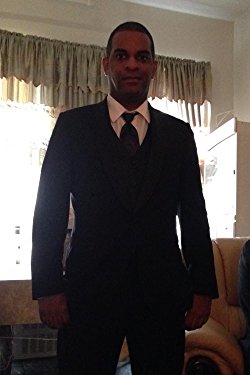 Wilbert Stanton was born and raised in New York City. From an early age, Wilbert decided he would either write books or take over the world; everything else was just a precursor to his end game.
Wilbert Stanton was born and raised in New York City. From an early age, Wilbert decided he would either write books or take over the world; everything else was just a precursor to his end game.
Along the way, he has studied Psychology, English, and Computer Science. He’s held jobs in a wide range of fields and met people from all walks of life. Wilbert is constantly learning and growing as a person, in order to solidify his dreams.
In the end, world domination was a bit tedious, so he decided to focus on writing books.

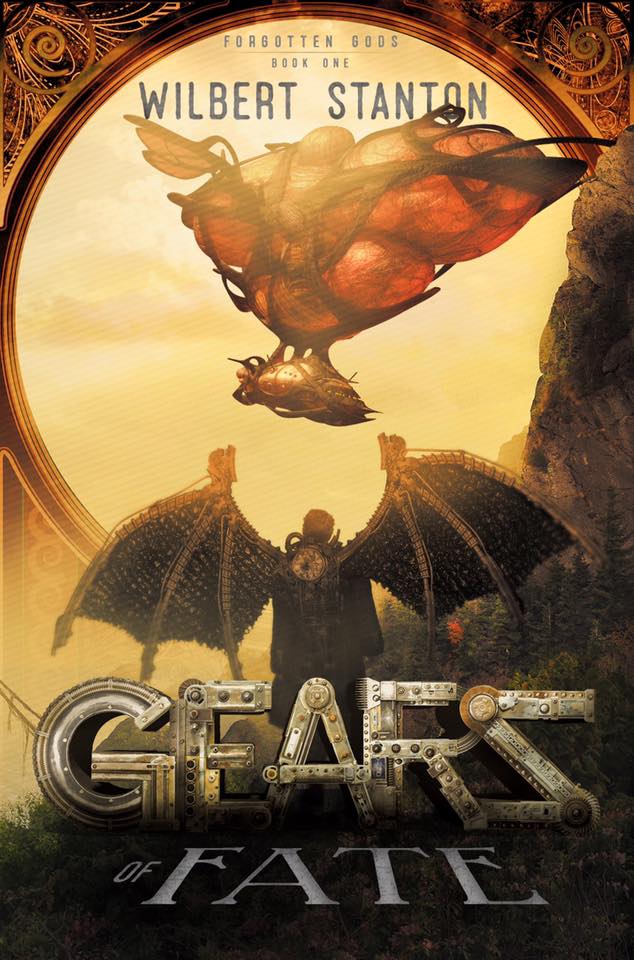
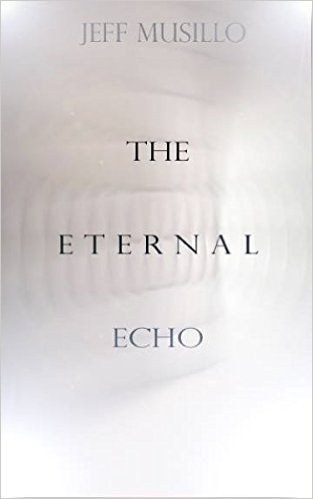
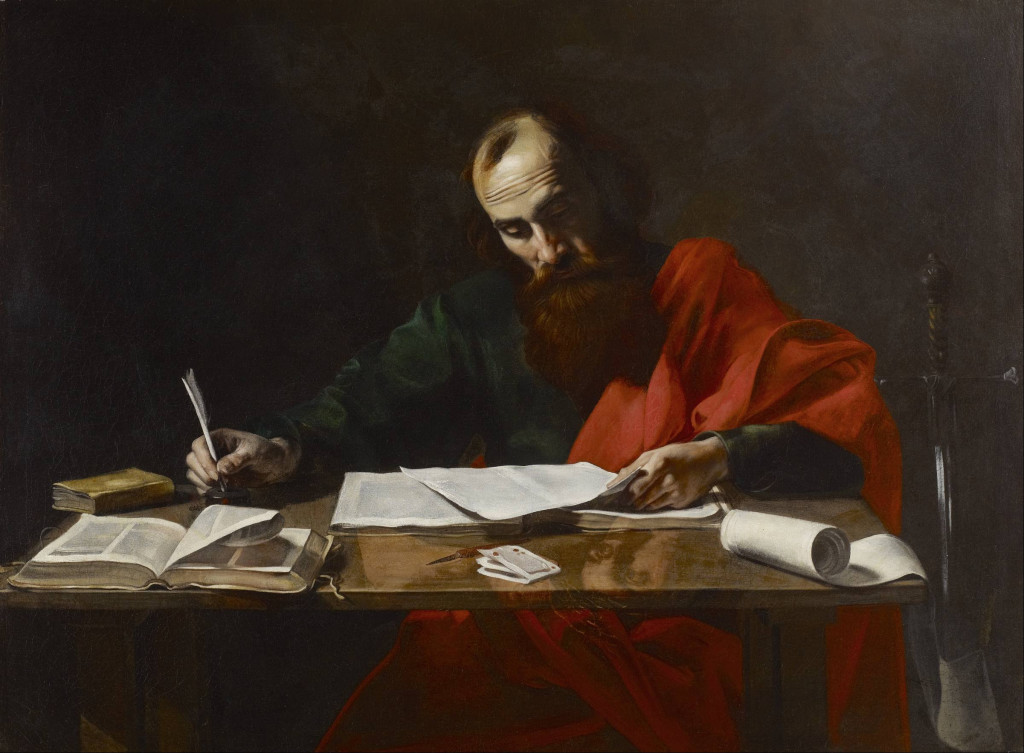
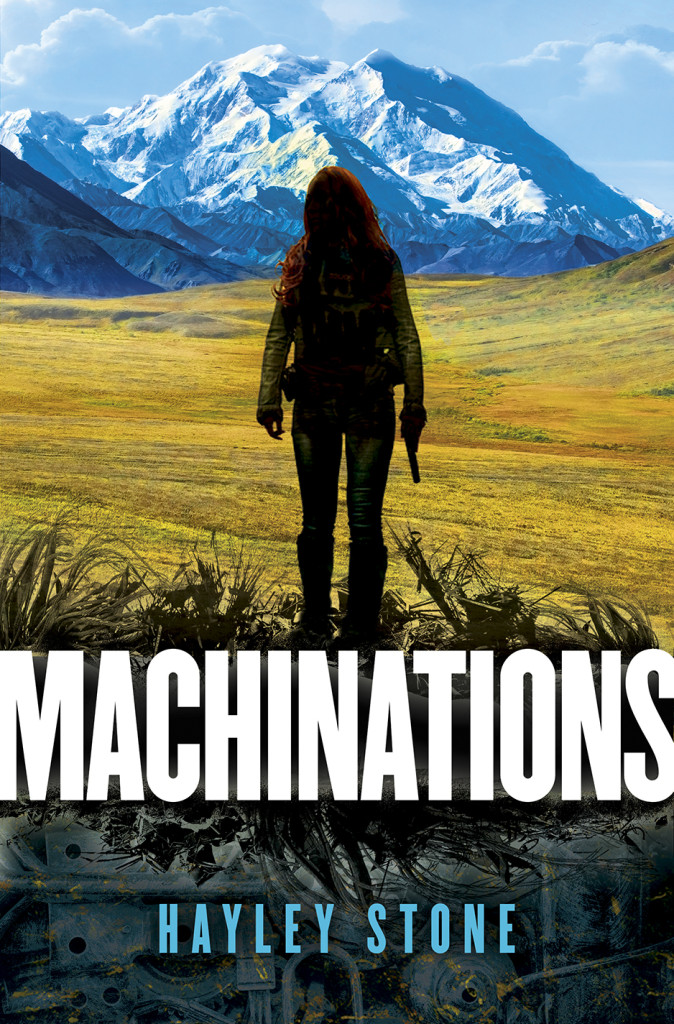
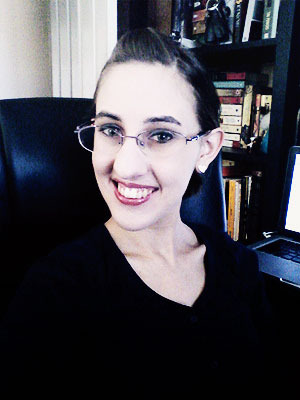


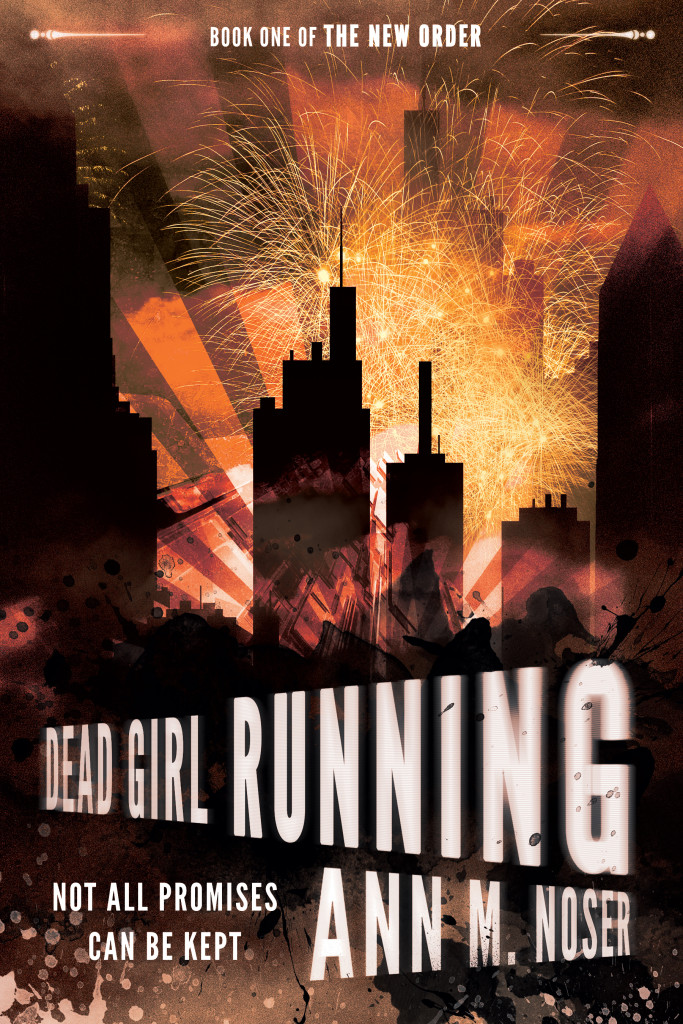

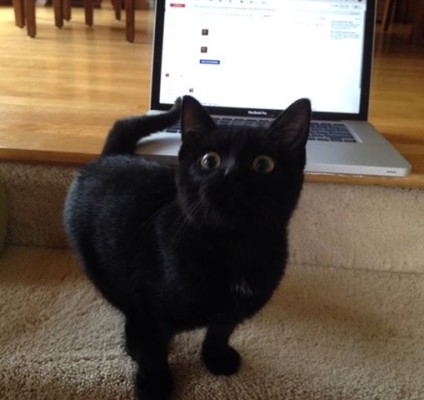
 one asks this IMPOSSIBLE question, I mumble something about The Lion, The Witch and the Wardrobe and then Anne of Green Gables and then Harry Potter and then someone mentions Katniss and I go off on how I love The Hunger Games and then I start to think about non fiction…
one asks this IMPOSSIBLE question, I mumble something about The Lion, The Witch and the Wardrobe and then Anne of Green Gables and then Harry Potter and then someone mentions Katniss and I go off on how I love The Hunger Games and then I start to think about non fiction…